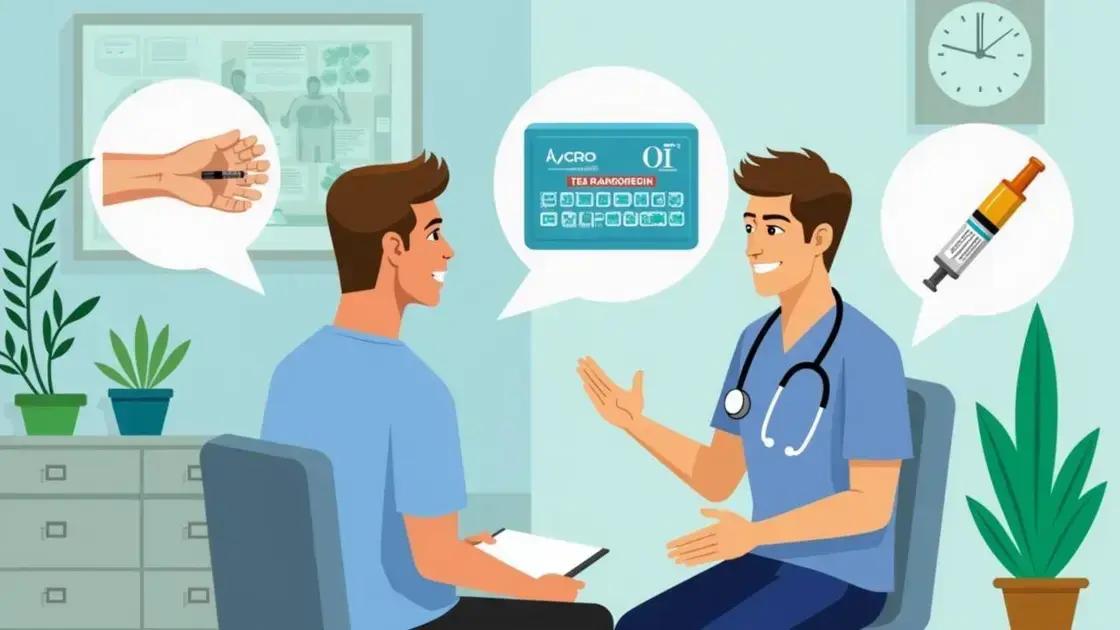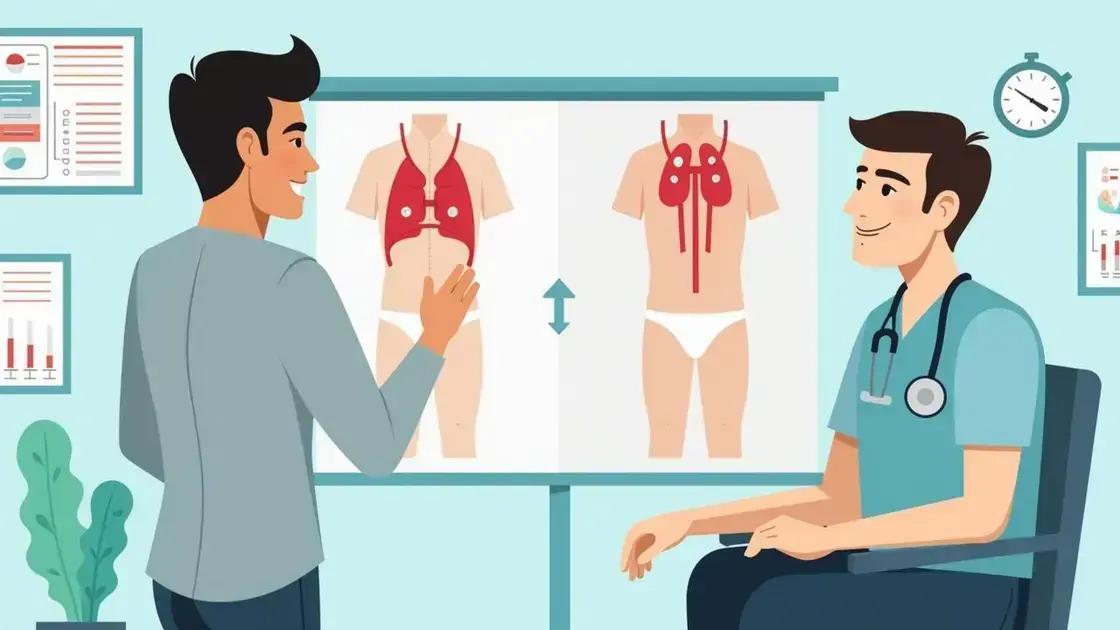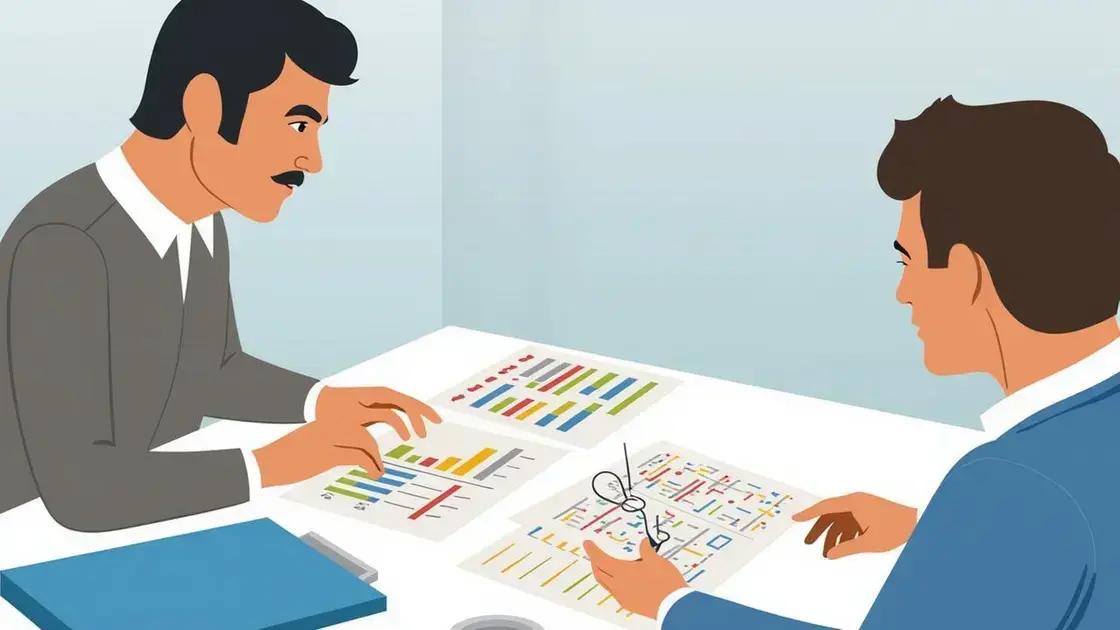Erectile dysfunction (ED) can be linked to low testosterone levels, making testosterone therapy a potential treatment option. However, it is crucial to understand the associated risks, which include cardiovascular issues and hormonal imbalances. Consulting with healthcare professionals and making informed decisions based on personal health factors is essential for managing both ED and testosterone treatment effectively.
Erectile dysfunction (ED) affects many men, prompting a deeper look into its connection with testosterone therapy. The risks associated with testosterone treatment are crucial to understand, as they can significantly impact overall health. This article delves into the intricate relationship between erectile dysfunction and testosterone therapy, exploring potential risks and what men need to consider when seeking treatment options.
Understanding Erectile Dysfunction

Erectile dysfunction (ED) refers to the inability to maintain an erection sufficient for satisfying sexual performance. It affects millions of men and can have emotional and psychological impacts. There are various causes of ED, including physical health issues, psychological factors, and lifestyle choices.
Physical Causes of Erectile Dysfunction
Physical conditions such as diabetes, heart disease, and hypertension can contribute to ED. Blood flow problems linked with vascular health significantly influence sexual function. Certain medications can also have side effects that exacerbate erectile issues.
Psychological Factors
Emotional and psychological factors like stress, anxiety, and depression can lead to or worsen erectile dysfunction. Often, performance anxiety may create a cycle of worsening ED, making it essential to address mental health aspects.
Lifestyle Choices
Your lifestyle choices play a crucial role in sexual health. Habits such as smoking, excessive alcohol consumption, and lack of physical activity can increase the risk of developing ED. Making healthier lifestyle choices can improve erectile function.
Importance of Seeking Help
Many men feel embarrassed about discussing ED, but seeking medical advice is essential. Health professionals can help identify underlying issues and recommend appropriate treatments or lifestyle changes. Understanding that you are not alone can provide relief and lead to effective solutions.
Testosterone Therapy Explained

Testosterone therapy is a medical treatment aimed at increasing testosterone levels in men who have low levels of this hormone. Testosterone is critical for various bodily functions, including muscle and bone health, mood regulation, and sexual drive.
Types of Testosterone Therapy
There are several methods for testosterone therapy. These include injections, topical gels, patches, and pellets. Each method has its pros and cons, and the choice depends on individual needs and preferences.
Possible Benefits
Many men find that testosterone therapy improves their energy levels, helps with weight management, and enhances mood. Additionally, some men experience increased libido and improved sexual performance as a result of therapy.
Potential Risks of Testosterone Therapy
While many benefit from testosterone therapy, there are significant risks to consider. Side effects may include an increased risk of blood clots, sleep apnea, and elevated red blood cell counts. Consulting a healthcare professional before starting treatment is crucial to discuss these potential risks.
Monitoring and Adjustment
Regular monitoring is essential while undergoing testosterone therapy. Doctors typically check testosterone levels and other health indicators to ensure the therapy is working effectively and safely.
Risks of Testosterone Treatment

Testosterone treatment can bring benefits, but it also has potential risks that should not be ignored. Understanding these risks is essential for making informed decisions regarding therapy.
Cardiovascular Concerns
One significant risk associated with testosterone therapy is the potential for cardiovascular problems. Some studies have suggested that testosterone treatment may increase the risk of heart attacks and strokes, particularly in older men or those with pre-existing conditions.
Blood Clots
Another serious concern is the increased risk of blood clots. Testosterone therapy can elevate red blood cell counts, potentially leading to clot formation. This issue may result in deep vein thrombosis or pulmonary embolism, which can be life-threatening.
Hormonal Imbalances
Testosterone therapy might also cause hormonal imbalances. Symptoms can range from mood swings and irritability to anxiety. Adjusting to therapy can be challenging, so regular monitoring by a healthcare provider is crucial.
Prostate Health Risks
There are concerns about the effect of testosterone therapy on prostate health. Some research indicates that increased testosterone levels could worsen existing prostate conditions or promote the development of prostate cancer. Men should discuss their prostate health with their doctor before starting treatment.
Other Side Effects
Other possible side effects of testosterone therapy include acne, sleep apnea, and infertility. These risks highlight the importance of managing treatment under a healthcare professional’s care.
Connection Between ED and Testosterone

The connection between erectile dysfunction (ED) and testosterone levels is significant. Many men who experience ED also have low testosterone, which is often referred to as hypogonadism.
How Testosterone Affects Erectile Function
Testosterone plays a vital role in sexual function. It helps maintain libido, supports the physiological processes involved in erections, and promotes healthy blood flow to the penis. Low levels of testosterone can lead to decreased sexual desire and difficulty achieving an erection.
Identifying the Relationship
Research shows that men with ED may benefit from testosterone therapy, especially if their testosterone levels are low. However, not all men with ED have low testosterone, so individual assessment is crucial. A healthcare provider can evaluate testosterone levels through blood tests.
Combining Treatments
In some cases, men may require a combination of treatments to address both low testosterone and ED. This tailored approach allows for more effective management of symptoms and improves the overall sexual health of the individual.
Psychological Impacts
It’s also essential to consider the psychological aspects. Men with low testosterone and ED may experience anxiety or depression, which can further impact sexual function. Treatment can help address both issues.
Importance of Professional Guidance
Getting the right diagnosis and treatment plan is crucial. Consulting a doctor about both testosterone levels and erectile dysfunction can lead to more effective results and improved quality of life.
Making Informed Treatment Decisions

Making informed treatment decisions for erectile dysfunction (ED) and testosterone therapy involves several important factors. Men should take an active role in their health by asking questions and understanding their options.
Consult with Healthcare Professionals
It is essential to begin by consulting a qualified healthcare provider. They can perform necessary tests to determine testosterone levels and evaluate overall health. Learning about various treatment options, including lifestyle changes, medications, and therapies, is critical.
Research Treatment Options
Men should research different treatments for both ED and low testosterone. Understanding what each option entails allows for a better decision-making process. Options may include lifestyle modifications, hormone therapy, and other medical treatments.
Consider Potential Risks
Evaluating the potential risks associated with testosterone therapy is vital. Men should weigh the benefits against the risks, including cardiovascular issues and hormonal imbalances. Discussing these risks with a healthcare provider can lead to safer choices.
Involve Loved Ones
Involving loved ones in the conversation can provide support and additional insights. Open discussions with partners can lead to better understanding and shared decisions regarding treatment options.
Regular Monitoring
Once a treatment is chosen, regular follow-ups with the healthcare provider are essential. Monitoring progress, symptoms, and side effects help ensure that the treatment remains effective and safe.
In Conclusion: Understanding ED and Testosterone Therapy
The relationship between erectile dysfunction (ED) and testosterone therapy is complex but crucial for men’s health. By understanding the risks and benefits associated with testosterone treatment, men can make informed decisions.
Consulting healthcare professionals, researching options, and considering personal health factors can guide individuals toward effective solutions. Regular monitoring and support from loved ones also play a significant role in the treatment journey.
Ultimately, taking proactive steps in managing ED and testosterone levels can significantly enhance quality of life and sexual health.
FAQ – Frequently Asked Questions about Erectile Dysfunction and Testosterone Therapy
What is erectile dysfunction?
Erectile dysfunction (ED) is the inability to achieve or maintain an erection suitable for sexual activity. It can be caused by various physical and psychological factors.
How does testosterone relate to erectile dysfunction?
Testosterone plays a key role in sexual function. Low levels may contribute to ED, and improving testosterone levels can sometimes help restore erectile function.
What are the treatment options for low testosterone?
Treatment options include testosterone therapy through injections, topical gels, patches, or pellets, alongside lifestyle changes such as improved diet and exercise.
What risks are associated with testosterone therapy?
Risks include cardiovascular issues, blood clots, hormonal imbalances, and potential impacts on prostate health. Regular monitoring is essential during treatment.
How can I make informed treatment decisions?
Consult with healthcare professionals, research available options, evaluate potential risks, and involve loved ones in discussions about treatment.
Is it important to monitor my treatment progress?
Yes, regular follow-ups with your healthcare provider are crucial to assess treatment effectiveness, manage side effects, and make any necessary adjustments.













